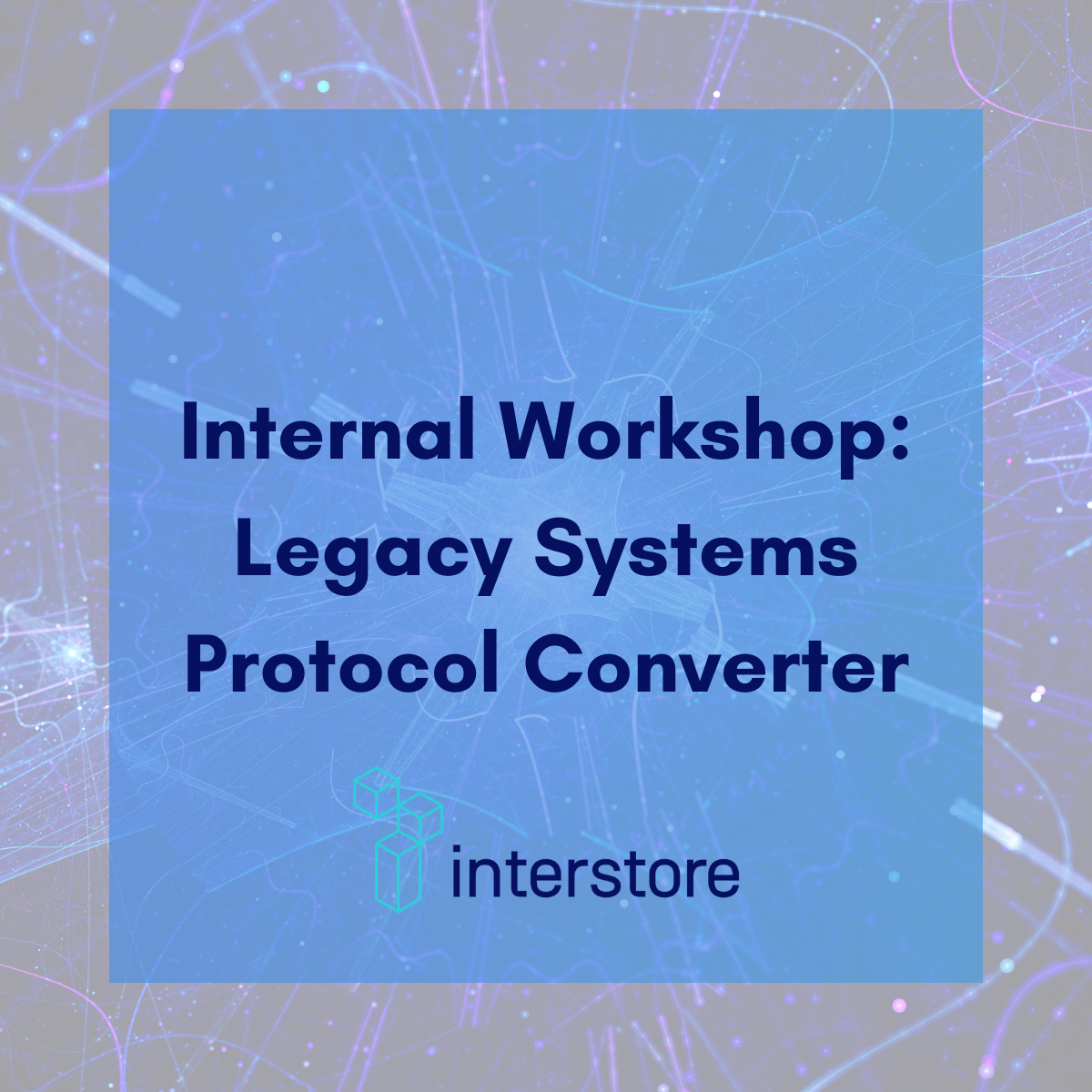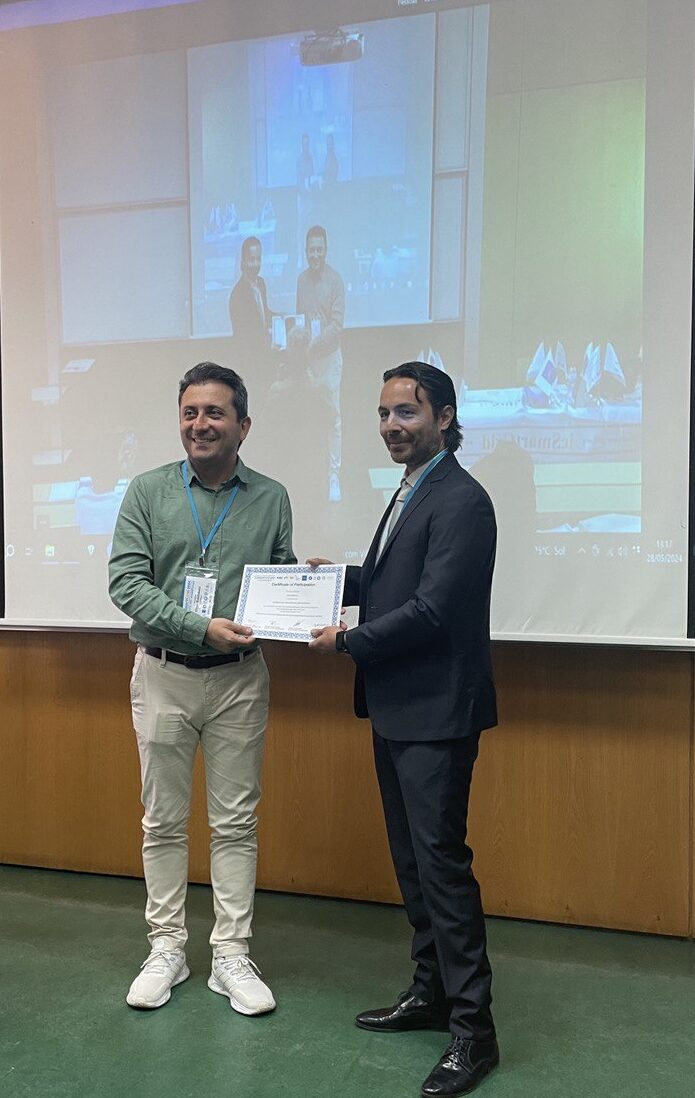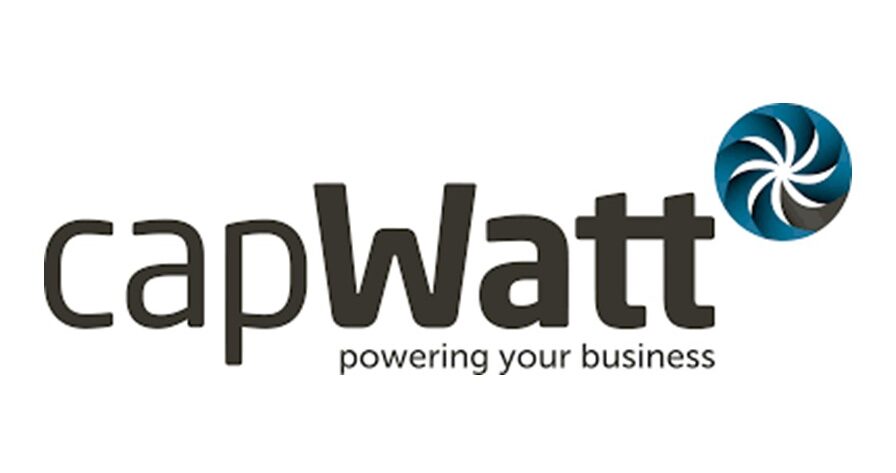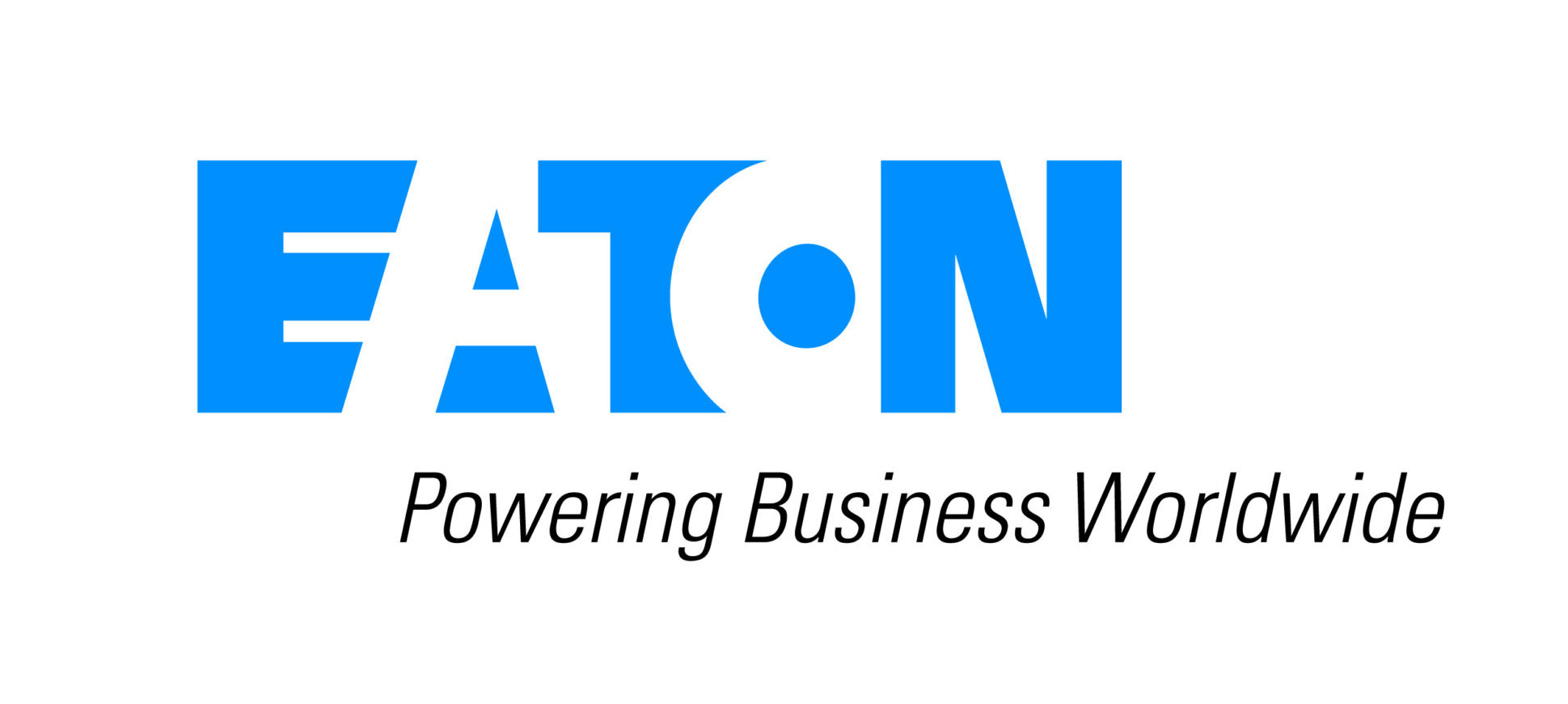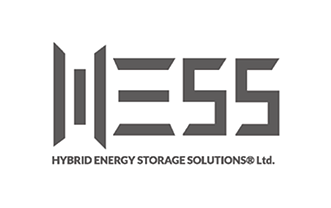
Power and Energy Webinar
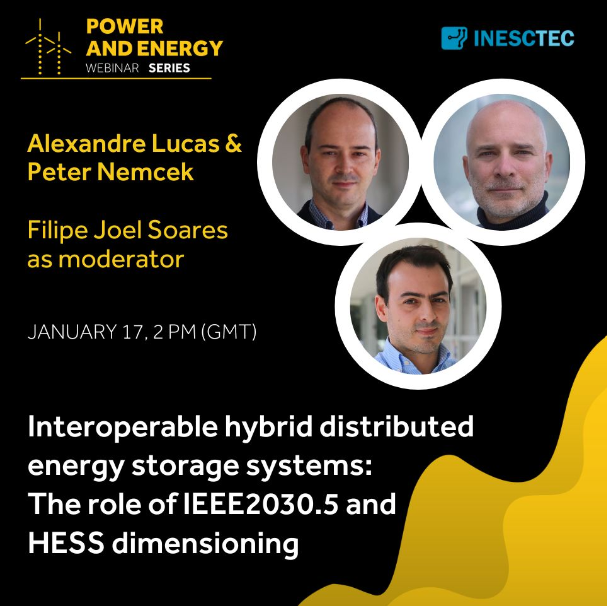
The recordings of the Power and Energy Webinar are available here.
On 17 January 2024 our partners Alexandre Lucas from INESC TEC and Peter Nemcek from CyberGrid participated in Webinar “𝘐𝘯𝘵𝘦𝘳𝘰𝘱𝘦𝘳𝘢𝘣𝘭𝘦 𝘩𝘺𝘣𝘳𝘪𝘥 𝘥𝘪𝘴𝘵𝘳𝘪𝘣𝘶𝘵𝘦𝘥 Energy Storage Systems: 𝘛𝘩𝘦 𝘳𝘰𝘭𝘦 𝘰𝘧 𝘐𝘌𝘌𝘌2030.5 𝘢𝘯𝘥 𝘏𝘌𝘚𝘚 𝘥𝘪𝘮𝘦𝘯𝘴𝘪𝘰𝘯𝘪𝘯𝘨” organised by INESC TEC. The partners disseminated the investigated on hybrid energy storage systems dimensioning and provided context to the IEEE2030.5 interoperability developments in InterSTORE.
Several topics were highlighted during the Webinar:
Definition and Concept of IHDESS:
Interoperable Hybrid Distributed Energy Storage Systems refer to integrated solutions that combine various energy storage technologies to enhance efficiency, reliability, and grid stability. These systems seamlessly interact with distributed energy resources, providing a flexible and adaptive approach to energy management. The key concept lies in creating a cohesive network where diverse storage technologies work together cohesively.
Current Challenges and Opportunities:
The implementation of IHDESS comes with its set of challenges, such as technology integration, regulatory frameworks, and market dynamics. However, these challenges also present opportunities for innovation and collaboration among stakeholders. Overcoming these obstacles can lead to advancements in energy efficiency, increased reliability, and improved grid stability.
Role of IEEE2030.5 Standards:
The IEEE2030.5 standards play a pivotal role in shaping the interoperability landscape of energy storage systems. These standards provide a common framework for communication and control, ensuring seamless integration of distributed energy resources. Understanding the significance of IEEE2030.5 standards is crucial for achieving the vision of interoperable hybrid distributed energy storage.
HESS Dimensioning:
Dimensioning Hybrid Energy Storage Systems involves a comprehensive understanding of factors such as energy demand, storage technologies, and grid requirements. Proper dimensioning ensures that the HESS meets performance expectations while optimising costs and resources. This process plays a crucial role in achieving the desired balance between energy supply and demand.
Future Energy Systems:
Future energy systems envision the integration of renewable energy sources, smart grids, and advanced storage technologies. Interoperable systems will play a key role in realising this vision by providing the flexibility needed to accommodate diverse energy sources and demands. The goal is to create a sustainable and resilient energy infrastructure for the future.
Expected Outcomes and Advancements:
Implementing interoperable IHDESS brings forth several anticipated benefits, including advancements in energy efficiency, reliability, and grid stability. Through practical examples and research findings, InterSTORE aims to showcase the tangible outcomes of these systems. Participants of the webinar gained valuable insights into the current state and future developments of interoperable hybrid distributed energy storage systems.
The Webinar provided a deeper understanding of the challenges, standards, and future prospects of interoperable hybrid distributed energy storage systems. The collaborative efforts of industry partners, research findings, and practical implementations will contribute to the evolution of energy systems that are efficient, reliable, and sustainable.
The series of Power and Energy Webinars are promoted by the Centre for Power and Energy Systems and the Energy cluster. In each webinar, a researcher from INESC TEC and other research partners present and discuss ideas, expected outcomes, or results regarding the energy systems of the future. Discussion between the speakers and the participants will be held in the last part of each webinar. The event has attracted significant attention with state-of-the-art research being shared in parallel with actual ongoing research projects rollout.




